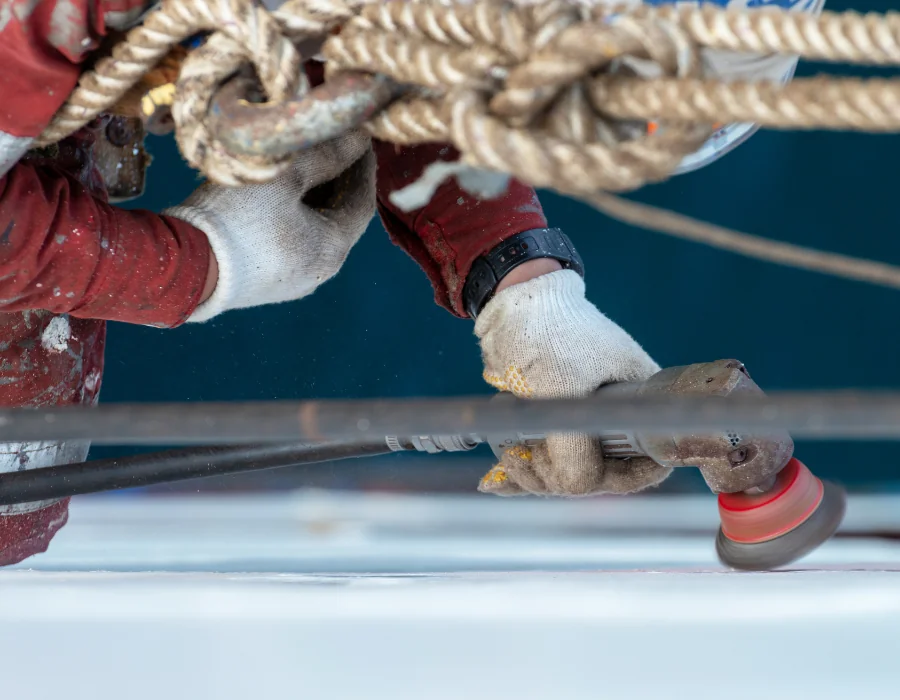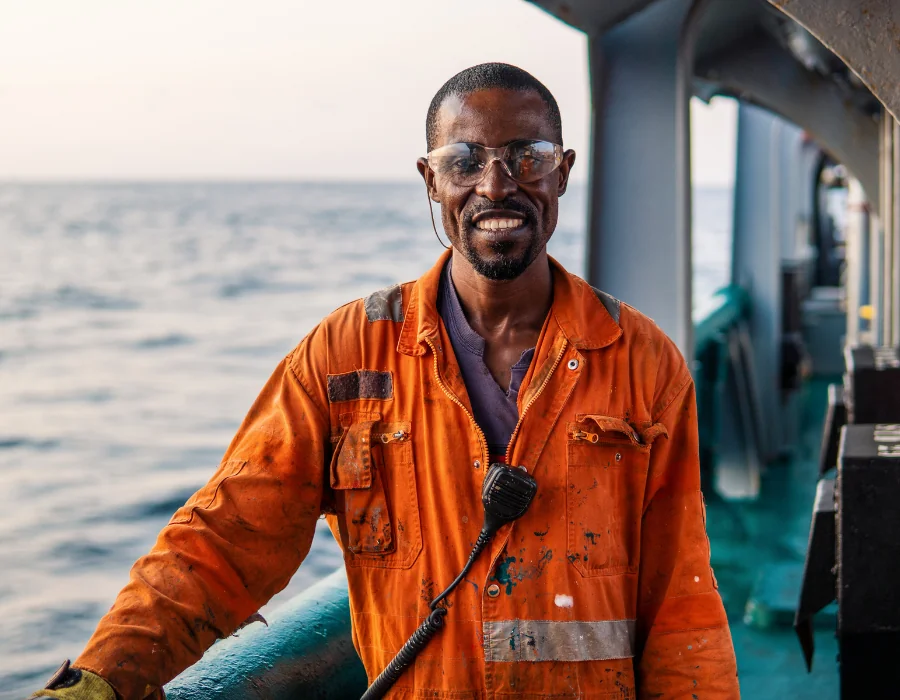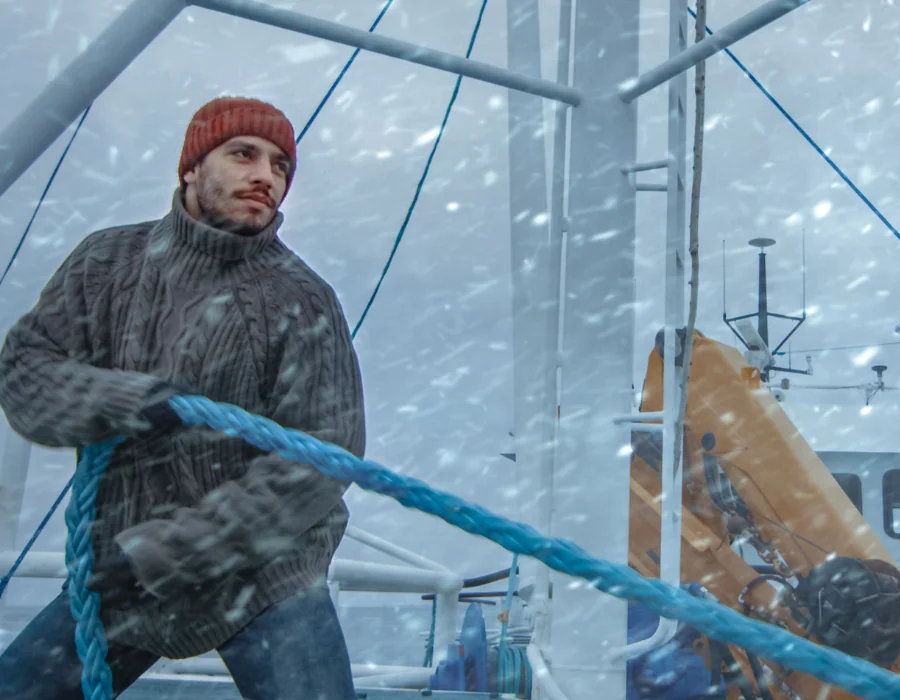Who Qualifies as a Seaman in Maritime Lawsuits?

For more than a century, Louisiana’s economy has been dominated by the shipping, import-export, and oil and gas industries. These maritime industries provide thousands of people with employment in and around LA, and they truly have molded the state’s economic, social, political, and environmental landscape for a very long time.
Most people that work in the maritime industry are considered seamen. If you’re a seaman that has been injured, you can count on Gordon McKernan Injury Attorneys to have your back whether your case falls under the Jones Act, Death on the High Seas Act, Longshore & Harbor Workers’ Compensation Act, or any other maritime statute because we have been practicing maritime law in Louisiana for many years!
Click to Contact Our Louisiana Maritime Injury Lawyers Today
What is a Seaman Explained
A seaman is a term that appeared in the 18th century and defines a person who has significant experience at sea. At the time, it was used to differentiate pay grades, but today has many legal ramifications. Today, a seaman is defined under maritime law as someone who is a captain or other crew member aboard a vessel in navigation.
In legal terms, this means the boat or ship is afloat, in operation, and in a condition in which it can move. In addition to that, an able seaman is typically someone who has at least three years of experience working on a ship, or at least a year-and-a-half of work experience on certain bodies of water.
What Does a Seaman Do?
People who work on ships are traditionally classified by their job level. Under the Jones Act, anyone employed on a vessel is a seaman, but in other environments, they can be considered a(n):

- Captain – also known as the master, the captain is in charge of everything on board, keeps in touch with the engine and other crews, and stays on the bridge even in an emergency when the rest of the crew abandons the ship.
- Able Seamen – a person capable of deck duties, such as painting, cargo stowage, lookout duties, and handling rigging and making repairs.
- Ordinary Seaman requirements consist of helping the able seaman. This person is basically a utility person who can be asked to help with many things, from standing as a lookout to handling mooring lines and painting.
- Boatswain – this type of seaman is a senior crew member who stays in contact with everyone on board. They also oversee the maintenance and protection of cargo as well as supervise the preparation of the vessel for sea.
- Carpenter (Chips) – serves as a seaman that is a mechanic and responsible for duties involving the overall condition of the vessel.
- Quartermaster – usually employed on large ships and is the seaman that keeps the bridge in order, and stands a gangway watch when a vessel is in port.
- Third Mate – manages the ship’s lifesaving gear, maintains the log, aids in navigation, and obeys any commands from the captain. They remain on the bridge throughout docking and assist with port cargo loading and unloading.
- Second Mate – typically in charge of navigation and has after-deck duties when tying up.
- First or Chief Mate – responsibilities include ship maintenance and cargo stowage, and handling the fore deck while tying up.
How Does Maritime Law Differ from Other Types of Law?
Injury claims involving ships are much more complicated because they often fall under the maritime category. The court system, regulations, and legislation that apply in this particular area of law are entirely different from those that apply to other areas of law.
The Jones Act, Longshore and Harbor Workers’ Compensation Act, and Death on the High Seas Act:

- In Louisiana, several laws, including the Jones Act, provide protection for those injured in offshore or maritime incidents. This law was passed in 1920 and provides protection for seamen of oil and gas, shipping, and other industries. In order to be covered by the Jones Act, a seaman must work at least 30% of the time on a ship.
- The good news is that for those not covered by the Jones Act, the Longshore and Harbor Workers’ Compensation Act (LHWCA) comes in handy. It guarantees workers’ compensation for on-the-job maritime injuries. Either the employer’s insurance or the Department of Labor handles the payment of benefits.
- Another maritime law is the Death on the High Seas Act (DOHSA). If someone dies at sea due to the negligence of another person, the family has the right to bring a suit against the negligent party.
Maritime rules are significant given Louisiana’s vast coastline and reliance on offshore workers. Although a substantial number of state employees are protected by the Jones Act, it’s crucial to be aware of Louisiana’s strict regulations on boating and shipping safety equipment. The negligent party can be held liable if these regulations are broken.
Learn Your Rights & Options Following a Maritime Injury

Injuries sustained when at sea are inevitable. Receiving legal representation is essential if you want to maximize your protection in the event that you or someone you know has been in such an accident. Gordon McKernan Injury Attorneys specializes in helping seamen that have unfortunately experienced a maritime injury. If you’ve unfortunately been involved in one, we can assist in making sure you gain the compensation you deserve. For a free consultation and legal options when it comes to your case, contact us at 225.888.888. You owe us nothing if we don’t win your case!
Louisiana Maritime Injury Lawyer Near Me
225.888.8888
How It Works
Filing a claim with Gordon Mckernan Injury Attorneys is easy! Simply follow the steps below.
1
Get Your Free Consultation
2
An Attorney Will Reach Out
3

